Any Argentine who hears the phrases "national and popular" and "great homeland" in rapid succession will instantly think of Kirchnerismo: the populist-left political movement led by ex-President Cristina Kirchner (in office 2007-2015). Like other not dissimilar movements in Latin America, Kirchner’s ideology placed nationalism and anti-imperialism at its core. There, it found something in common with the Islamic Republic of Iran.
Tehran has taken advantage of this ideological convergence, as well as pre-existing business relations between the two countries. In 2013, Kirchner infamously signed a “memorandum of understanding” with Iran, effectively granting immunity to the Iranian perpetrators of the 1994 AMIA bombing in Buenos Aires, which had left 85 – mostly members of the Jewish community – dead and hundreds injured. This shocking event, for which Kirchner was only acquitted of criminal charges as recently as October 2021, is just one outward manifestation of the Islamic Republic’s ideological expansion bid in Latin America, together with Hezbollah. Another is “National and Popular Islam”.
What is National and Popular Islam, and Who Launched It?
"National and Popular Islam" is a movement that strives to find "similarities" between those “heroic” Argentines who helped secure independence from Spain in the 1800s, and key figures in Islam. It is characterized by the attempted fusion of aboriginal culture with “Islamic” principles. The movement typically attracts those who feel excluded from wider society or alienated by mainstream politics, offering as it does a “redemption” for society through "social justice and sovereignty".
Recently, similar ideas were popularized in Peru through so-called Inkarri Islam, which was established in 2012 by a disciple of Mohsen Rabbani. Inkarri Islam blends Peruvian Andean culture with fundamentalist Islam. The movement supports ethnocacerism, Peruvian ethnic nationalism, which advocates for a proletarian dictatorship in the country based on race.
The wider "National and Popular Islam" movement has its roots in 2011 and the pro-Iran, pro-Venezuela Cristina Kirchner era. A 30-year-old man named Kamel Gómez, president of the Arab Union in Argentina, wrote a series of articles for his website and social media, suggesting that the ideological principles underpinning the Islamic Revolution could be domesticated in the Americas via indigenous groups. He named this proposed movement “National and Popular Islam”.
Now 40, Gómez remains president of the Arab Union and an enthusiastic advocate of Kirchnerismo. Based in La Plata, he attends and speaks regularly at political events and in schools. But he also previously travelled to Iran to train under Mohsen Rabbani, the Iranian envoy to Argentina now accused of being a key fixer for the AMIA bombing, at Al-Mustafa University: Iran’s premier training ground for new generations of “revolutionaries”. In a 2011 interview published by the blog Oidislam, Gómez said: “Their anti-imperialist conscience and sacrifice for their cause make Iran a serious problem for the pretensions of the US and Israel in the region.” The Oidislam blog itself is committed to covering and promoting "revolutionary Indo-American Islam".
In the same interview, Gómez, who describes himself as an “ardent Shiite”, also confirmed his first encounters with Islam took place at the Al-Tawhid Mosque in Buenos Aires, where Rabbani was based until after the bombing in 1994, when he fled back to Iran. “There,” Gómez said, “I began to understand Islam as a revolutionary project.”
Are These Really Independent Movements?
In his own words, Gómez defines "National and Popular Islam" as “fighting for the liberation of our peoples – hence the ‘popular’ – and by ‘national’ we always mean the Great Homeland, the one that Bolivar and San Martín dreamed of. National as opposed to the oligarchy, and military or economic imperialism... neoliberalism, financial capital and all its expressions.” He has also repeatedly insisted on the movement’s separation from Tehran: “We must understand that our practice cannot be from the Persians, the Arabs, or even the Turks. Each of these peoples has an Islam appropriate to its characteristics. And we see, unfortunately, that many Muslims who begin to walk the path of Islam take the characteristics of this or that teacher. In Argentina, we must think of Kirchnerismo as a clear example of a National and Popular Islam: an expression of the national".
This is noble enough, until it is remembered that Kirchnerismo gave free reign to agents of the Islamic Republic to commit a major act of terror against the Jewish community free of criminal reprisal. Gómez’s own blogs also promote the works of Abdul Karim Paz (real name Santiago Paz Bullrich). Paz, according to an indictment by the late prosecutor Alberto Nisman, set up the dialogue between Kirchner’s government and Tehran that led to the outrageous “memorandum”. He also became director of Al-Tawhid Mosque after Rabbani’s hasty departure.
Another regular blogger and member of the movement, Edgardo Rubén Suhail Assad, is also a disciple of Rabbani. He has set up more than 20 Islamic centres in Latin America and oversees local recruitment for Al-Mustafa University, the Organization for Islamic Development and the Islamic Propaganda Seminar in Qom. According to Radio Farda, in the year 2021, these three organisations received a stipend of $268m from Iran to spread pro-Islamic Republic and pro-Hezbollah propaganda.
Ely Karmon, a researcher at the Israel-based International Institute for Counter-Terrorism, has issued a stark warning about these parallel “revolutionary” movements that purport – but do not appear – to be independent from Iran. “In the long term, exporting radical Shiite ideological and religious teaching is a weapon to influence broad sectors of society, especially the poorest and most disadvantaged, thus adding another element of instability and radicalization on a continent already plagued by socio-economic difficulties. The growing antisemitism observed lately in Venezuela, and to a lesser extent in Argentina, could add to the current sectarian unrest in some countries.”
Related coverage:
The Peruvian President-Elect's Ties to Pro-Islamic Republic Recruiters
Meet the Islamic Republic of Iran's Fixers in Argentina
Iran's Presence in Latin America 'The Biggest Threat to Regional Democracy'
Hezbollah Supporters Running Kids’ Scouting Groups in Brazil
The Holocaust-Denying Cleric Bolstering Hezbollah in Argentina
Tareck El Aissami: Hezbollah’s Biggest Benefactor in Venezuela
visit the accountability section
In this section of Iran Wire, you can contact the officials and launch your campaign for various problems




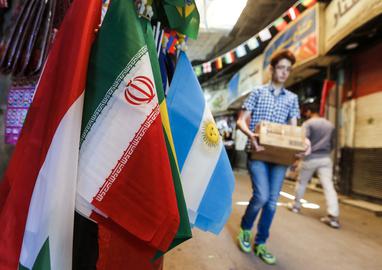

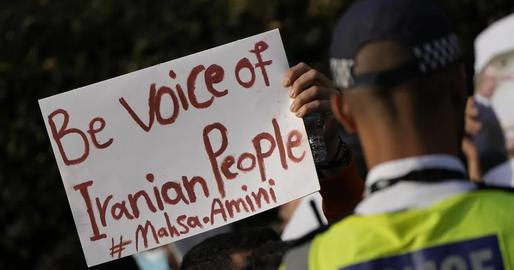
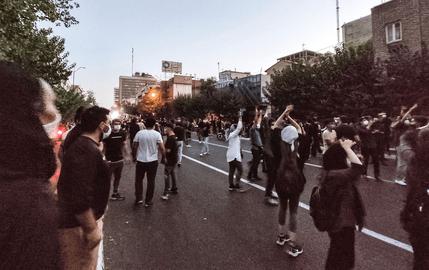


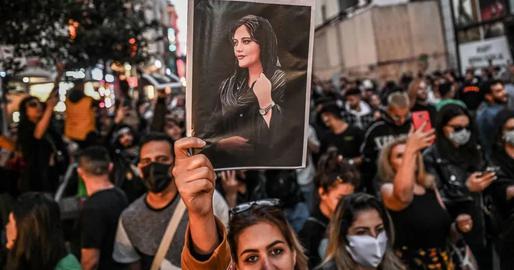
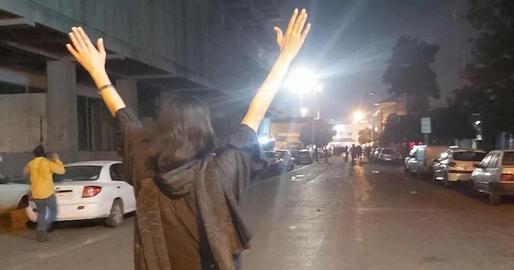

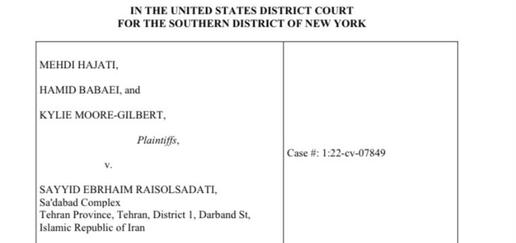

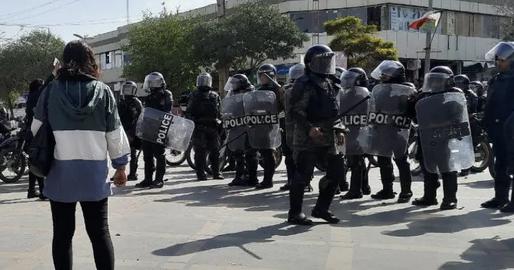
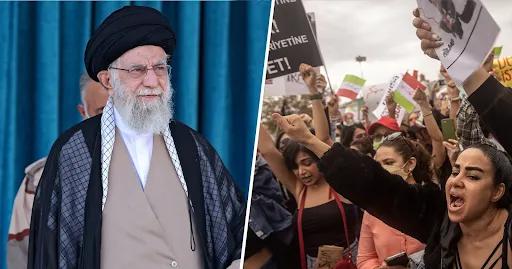
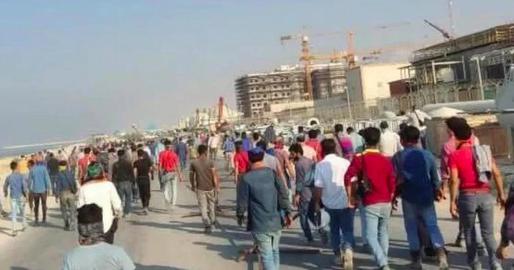
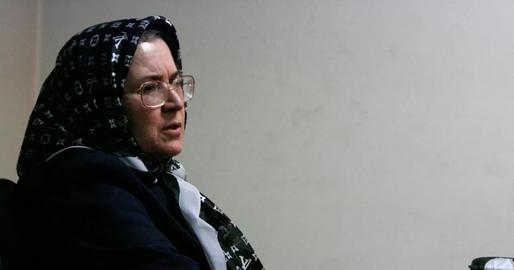
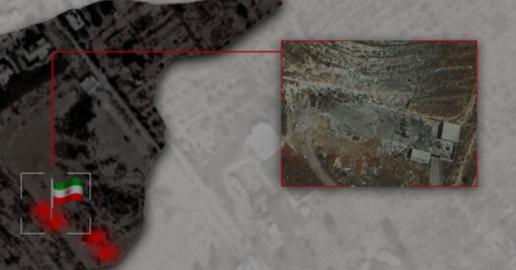
comments